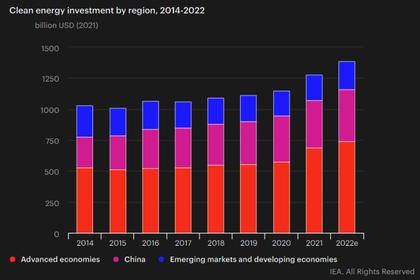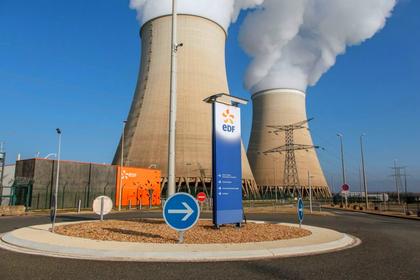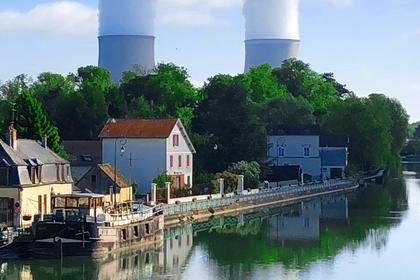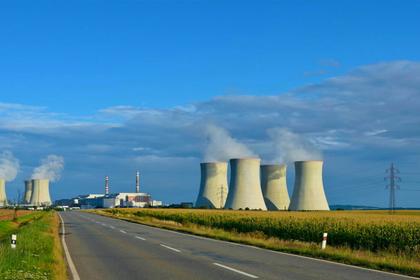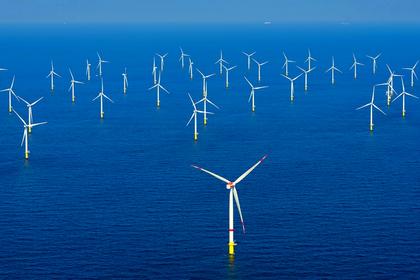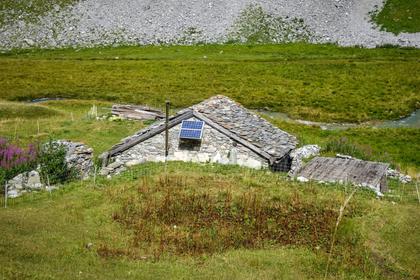
FRANCE'S NUCLEAR, RENEWABLE NET ZERO
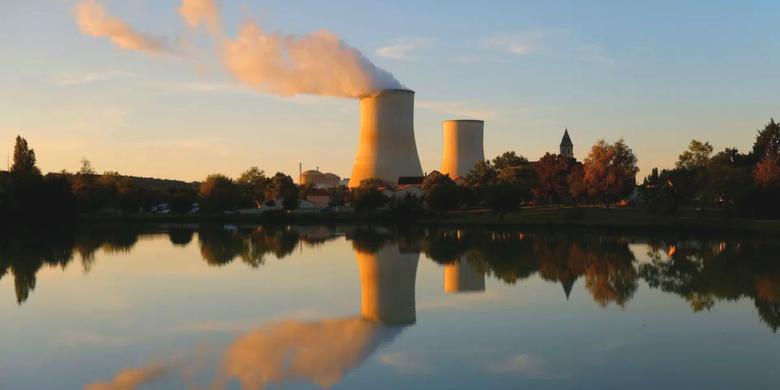
WNN - 25 October 2022 - The French government has launched a public consultation on the future of the country's energy mix. In February, President Emmanuel Macron announced France would develop a new policy aimed at reducing the country's energy consumption while completely decarbonising its energy mix through the use of renewables and nuclear.
At that time, Macron said a broad public consultation would take place in the second half of this year on energy, with parliamentary discussions to be held in 2023 to revise the multi-annual energy programme.
Agnès Pannier-Runacher, Minister for Energy Transition, and Olivier Véran, Minister Delegate in charge of Democratic Renewal and a government spokesperson, on 20 October launched a consultation on the future of the French energy mix. The consultation has been organised according to the procedures proposed by the National Commission for Public Debate (CNDP).
During the first phase of the consultation, which runs until 31 December, the public will be able to give their opinion via either an online participatory platform or during a series of regional meetings.
In mid-January 2023, a Youth Forum will be organised to allow 200 young people, aged 18 to 35, to give their opinion on the country's energy future. "This unprecedented initiative will give a voice to those who are the first concerned by the long-term decisions taken today," the Ministry of Energy Transition said.
During the consultation the government is seeking opinions and recommendations on three major issues: how energy consumption can be adapted in order for France to reach climate neutral by 2050; how energy demand can be met whilst reducing dependency on fossil fuels; and how to plan, implement and finance the energy transition.
The ministry said the opinions expressed by citizens during the consultation will be important because they will be included in the parliamentary debate on the future programming law on energy and climate which will be adopted in 2023.
"This consultation is an important democratic moment," Pannier-Runacher said. "It must allow everyone to express themselves on the conditions for success and the priority measures to make a success of our energy transition, that is to say, to get out of fossil fuels and achieve carbon neutrality."
Véran added: "Better involving citizens in the decisions that concern them, that is to say working 'with them', is a priority for the government. We want to encourage their power of initiative and create the conditions for a useful civic contribution to collective reflection, by endeavoring to report to them on the follow-up given to their proposals. It is as much a question of efficiency, to act as closely as possible to needs, as of confidence in public action.
"We have put this requirement at the heart of this consultation, paying particular attention to territories and young people. The proposed system will therefore allow everyone to debate and provide ambitious responses to the challenges of the energy mix, a major concern of our fellow citizens."
In February, Macron announced that the time is right for a nuclear renaissance in France, adding he had made two important decisions regarding this. Firstly, he said the operation of all existing reactors should be extended without compromising safety. Secondly, he announced a proposed programme for six new EPR2 reactors, with an option for a further eight EPR2 reactors to follow.
Separately, the CNDP has decided to organise a public debate on EDF's proposed construction of six EPR2 reactors, the first two of which would be located in Penly, in Normandy. The debate will open on 27 October and run for a period of four months.
Nuclear accounts for almost 75% of France's power production, but former French president Francois Hollande had aimed to limit its share of the national electricity generation mix to 50% by 2025, and to close Fessenheim - the country's oldest nuclear power plant - by the end of his five-year term, in May 2017.
In June 2014, his government announced nuclear capacity would be capped at the current level of 63.2 GWe and be limited to 50% of France's total output by 2025. The French Energy Transition for Green Growth Law, adopted in August 2015, did not call for the shutdown of any currently operating power reactors, but it meant EDF would have to close older reactors in order to bring new ones online. However, under a draft energy and climate bill presented in May 2019, France will now delay its planned reduction in the share of nuclear power in its electricity mix to 50% from the current 2025 target to 2035.
-----
Earlier:

